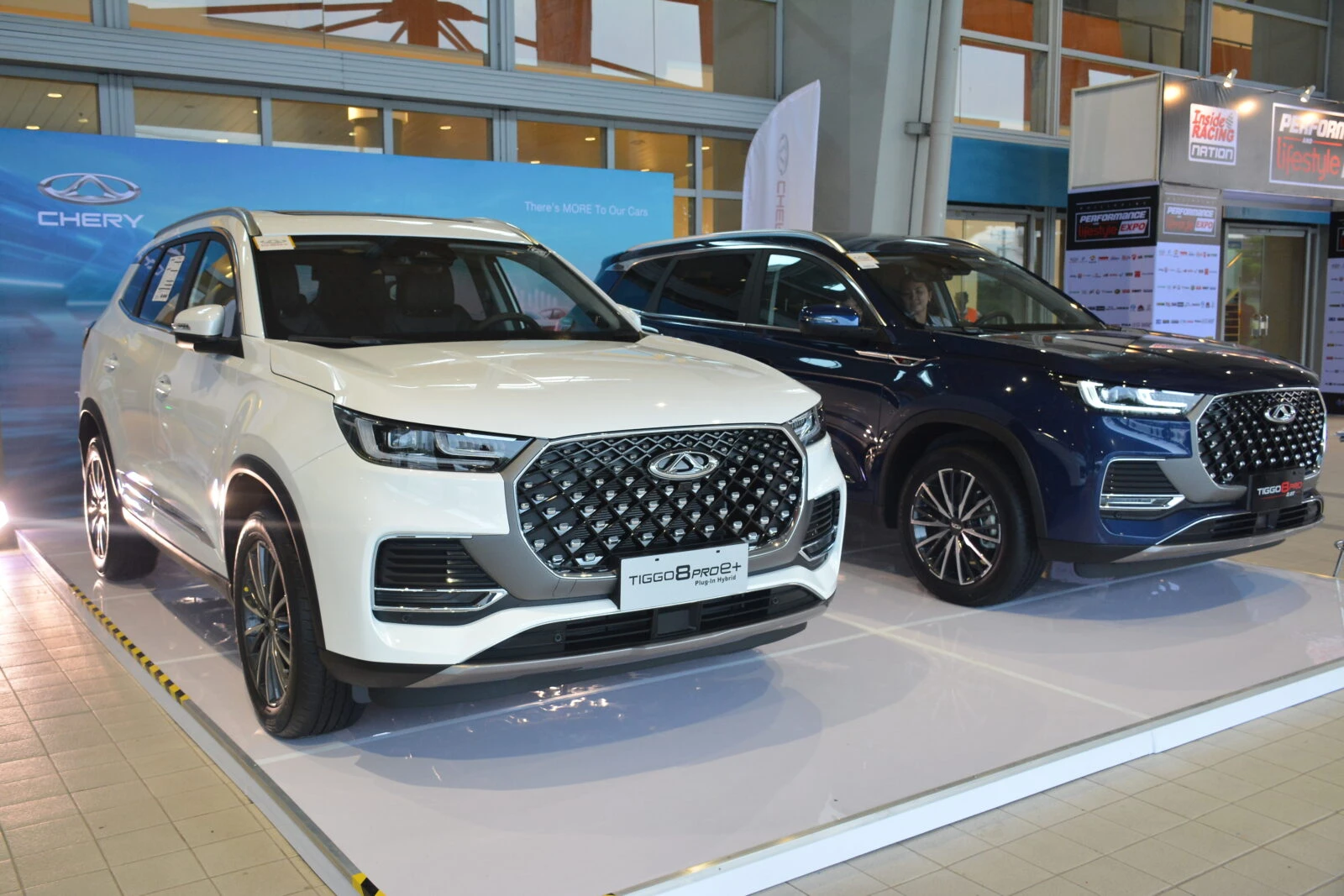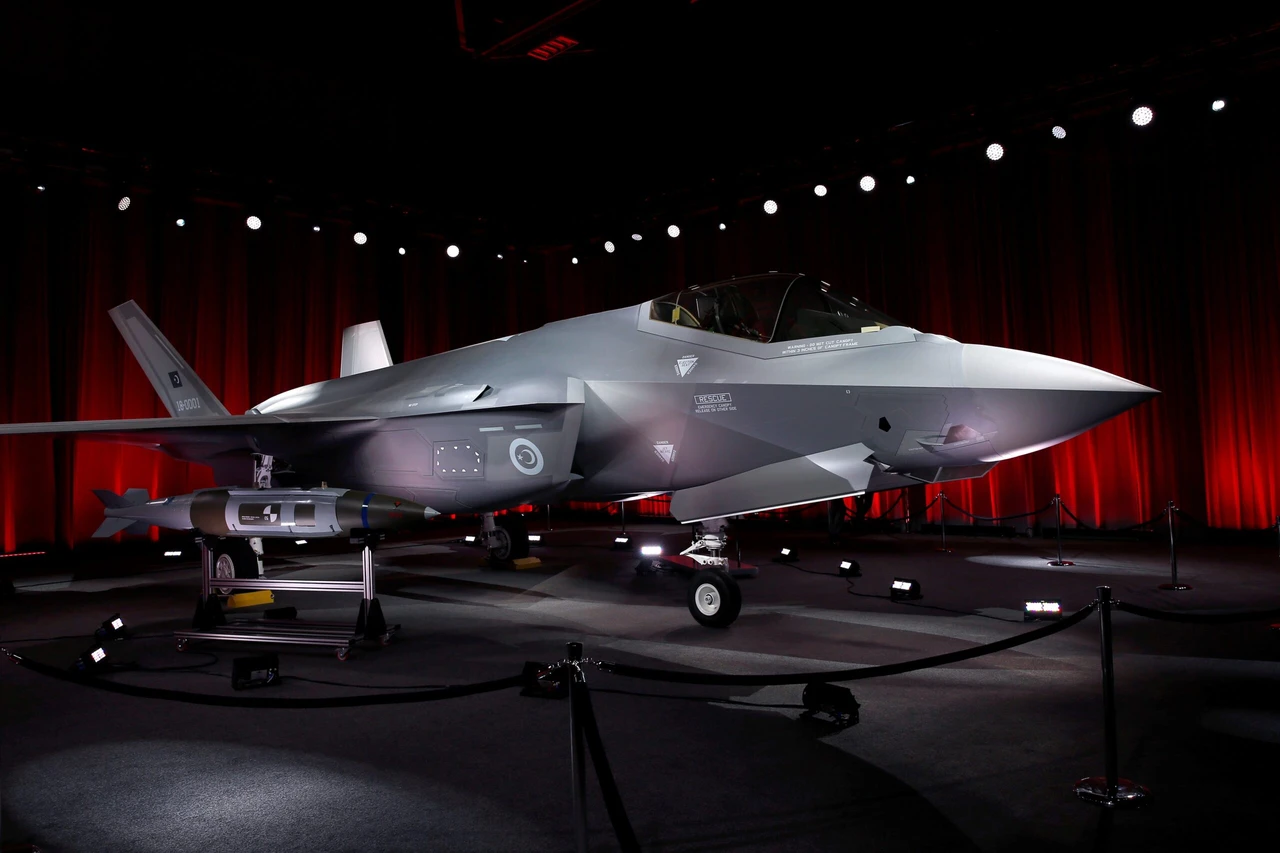Turkish auto sector applaud Chery’s $1B plan, endorse Samsun as strategic location
 A lineup of Chery Tiggo 2 vehicles is displayed inside a showroom in Almaty, Kazakhstan, on Mar. 13, 2025. (Adobe Stock Photo)
A lineup of Chery Tiggo 2 vehicles is displayed inside a showroom in Almaty, Kazakhstan, on Mar. 13, 2025. (Adobe Stock Photo)
Türkiye’s automotive sector welcomed Chinese automaker Chery’s plans to establish a manufacturing plant in the northern province of Samsun as a strategic move that could reinforce Türkiye’s position in the global automotive supply chain, according to Yakup Birinci, chairperson of the Automotive Suppliers Association of Türkiye (TAYSAD).
Speaking at a press briefing on Sunday, Birinci shared his outlook on the industry’s trajectory for 2024, highlighting the ongoing negotiations surrounding the Chinese automaker’s planned investment.
He described Samsun as a well-considered choice for the project, saying, “We proudly support the government’s guidance in this decision.”

Samsun, a province on Türkiye’s Black Sea coast, has emerged as a promising location for global manufacturers like Chery, supported by its logistical advantages, expanding industrial base, and government-backed regional incentives.
The proposed investment is still under negotiation, but according to business-focused Bloomberg, it is valued at around 1 billion U.S. dollars. The planned facility is expected to occupy 1.5 million square meters, equivalent to roughly 16.14 million square feet, and aims to produce 200,000 vehicles annually.
Chery later clarified to Reuters that the plan involves partnerships with a third party to expand operations in Türkiye, rather than a direct investment by the company.
This move follows a similar initiative by another Chinese automotive firm, as BYD has already signed an agreement to build a production plant in Manisa, with an investment of up to 1 billion U.S. dollars and operations scheduled to begin in 2026.

Birinci noted that new investments such as Chery’s could have a significant impact on the domestic supplier industry, stressing the importance of increasing local production.
He said that the goal is to maximize the use of Turkish-made components in all new projects, adding that the growth of such examples would create more opportunities for suppliers. “We are committed to ensuring as many components as possible are domestically produced,” he added.
Growth steady, yet risks loom
Despite the positive developments, Birinci shared his concerns about Türkiye’s declining share in the global automotive market.
He referred to projections suggesting that the country’s share could fall from 1.8% to 1.4% by 2026, pointing out that this downward trend might not seem alarming at first glance but should be considered a clear warning sign.
He also highlighted that automotive sales continue to be shaped by consumer behavior as well as broader economic and fiscal policy decisions.

Current production figures suggest that Türkiye could enter the top 10 by 2025 with approximately 1.485 million vehicles, while Thailand, currently holding the tenth position, is expected to drop to twelfth.
However, Birinci said that remaining in the top 10 will require Türkiye to raise production to around 2 million units, indicating that without this, the country risks fluctuating between tenth and fifteenth place.
Underlining the need for bold policy decisions and long-term planning, he said, “To remain competitive, we must adopt more resilient strategies.”
“In automotive, today is never just about today,” he said. “What we’re experiencing now is the result of decisions made years ago, and what we fail to achieve today will come back to us in the future.”



